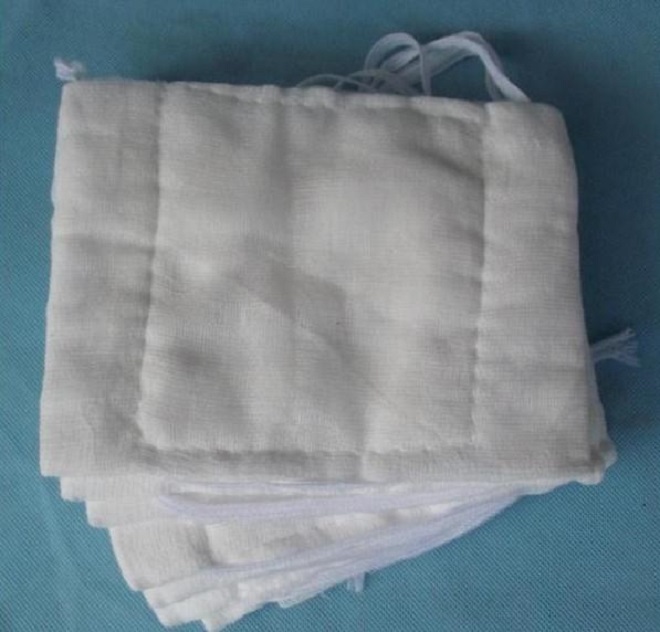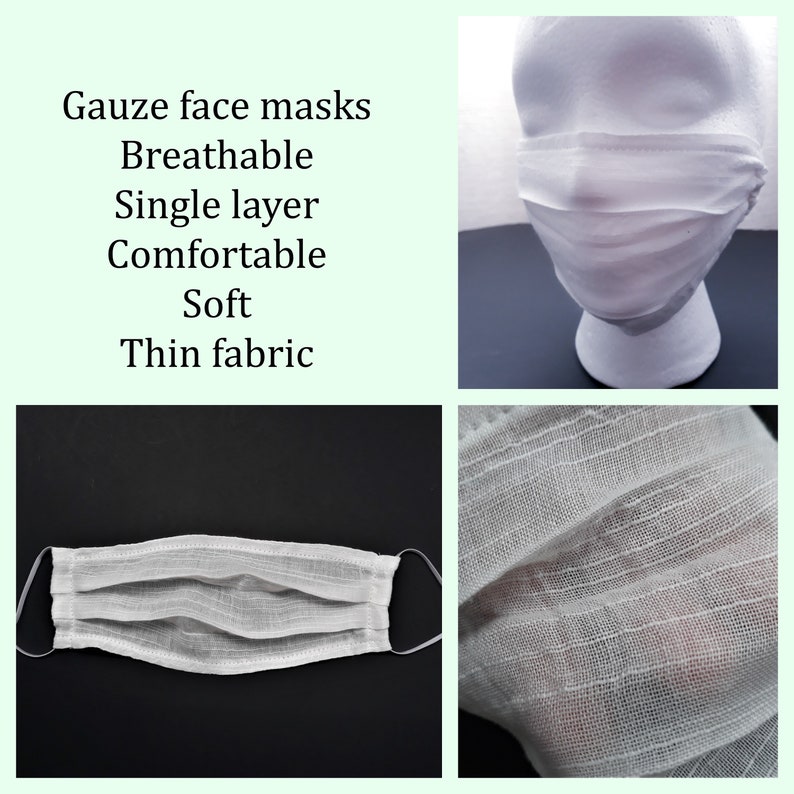
This might stimulate some bleeding but is the correct care for the wound. If you see “jelly clots” (blood clots) on adjacent teeth, then they should be wiped off. You will likely see blood in the hole and on the adjacent area. Blecha and Jandali usually suture the wound open, which means you can see a hole in the gum at the back of your mouth. When the lower wisdom teeth are removed, Drs. Another cause for blood filling the mouth is if intermittent pressure is applied on the gauze or the patient starts talking, causing the gauze to move out of position.Įven when the above techniques are used properly, it may take as long as 3 to 4 hours for the bleeding to stop. The gauze should be adjusted to achieve a better seal. If the mouth is filling up with blood, then it means that the gauze is not sealing off the area. The bulk of the gauze should be placed over the socket directly, so it acts as a barrier to minimize the amount of blood that is exiting the socket. Bite hard with constant pressure for an hour, using 80% of your maximum bite force. If the patient is not experiencing pain, then the antibiotic should be taken first, with the use of pain medication when the pain is starting to occur.Īpply moistened sterile gauze (a thumb-size roll) or a teabag over the wound.
Start Medications: If the patient is experiencing pain, then the pain medication should be taken first, followed by the antibiotic an hour later. Eat Something: Getting something in the stomach is important. Apply ice packs to the affected areas immediately. Control Bleeding First: The patient should stay in a sitting position and bite on gauze until the bleeding stops. On the day of the surgery, patients have optimal results when following this sequence: This information will help you understand normal reactions after surgery, as well as care that can be taken to ensure your comfort during the healing time. Please read these instructions carefully. Following these instructions will help you avoid unnecessary pain and swelling and also minimize the risk of infection and complications. This is a normal post-operative event that will resolve in time.Wisdom teeth removal is a surgical procedure that requires careful postoperative care. Stiffness (trismus) of the jaw muscles may cause difficulty in opening your mouth for a few days following surgery. The normal act of swallowing can then become painful. Sore throats and pain when swallowing are not uncommon. Your lips may be kept moist with an ointment such as Vaseline. If the corners of your mouth are stretched, they may dry out and crack. These projections usually smooth out spontaneously. They are usually not pieces of teeth they are the bony walls, which supported the tooth, or fragments of bone that will come out like splinters. Occasionally, patients may feel hard projections in the mouth with their tongue. Before standing up, you should sit for one minute and then get up. Because of these reasons, you could get light headed when you suddenly stand up. Taking pain medications can make you dizzy. It is often difficult to take fluids afterwards. You were not able to eat or drink prior to surgery. You should be careful going from the lying down position to standing. Please contact the office for temperatures above 101.5. Most pain medications will reduce the fever. If the temperature persists, notify the office. Often you are expected to have numbness for 8 hours after surgery.Ī slight elevation of temperature immediately following surgery is not uncommon. You should be aware that if your lip or tongue is numb, you could bite it and not feel the sensation. As stated before surgery, this is usually temporary in nature. If numbness of the lip, chin, or tongue occurs there is no cause for alarm. Refer to the section on Swelling for an explanation. If you have swelling due to infection, do not use ice, use warm compresses. Place ice packs to the sides of your face where surgery was performed intermittently for the first six to eight hours after surgery. Restrict your activities the day of surgery and resume normal activity when you feel comfortable. Do not drive a car, work, or operate heavy machinery while on the narcotic medication. If you were prescribed a narcotic you should only take it when you begin to feel discomfort. Often we recommend you begin the non-narcotic pain medication or anti-inflammatory medication prior to the numbing medicine wearing off. 
Take the prescribed pain medications as soon as you begin to feel discomfort. This may initiate bleeding by causing the blood clot that has formed to become dislodged. Vigorous mouth rinsing or touching the wound area following surgery should be avoided. After this time, the gauze pad should be removed and discarded.

The gauze pad placed over the surgical area should be kept in place for at leaset a half hour.






 0 kommentar(er)
0 kommentar(er)
